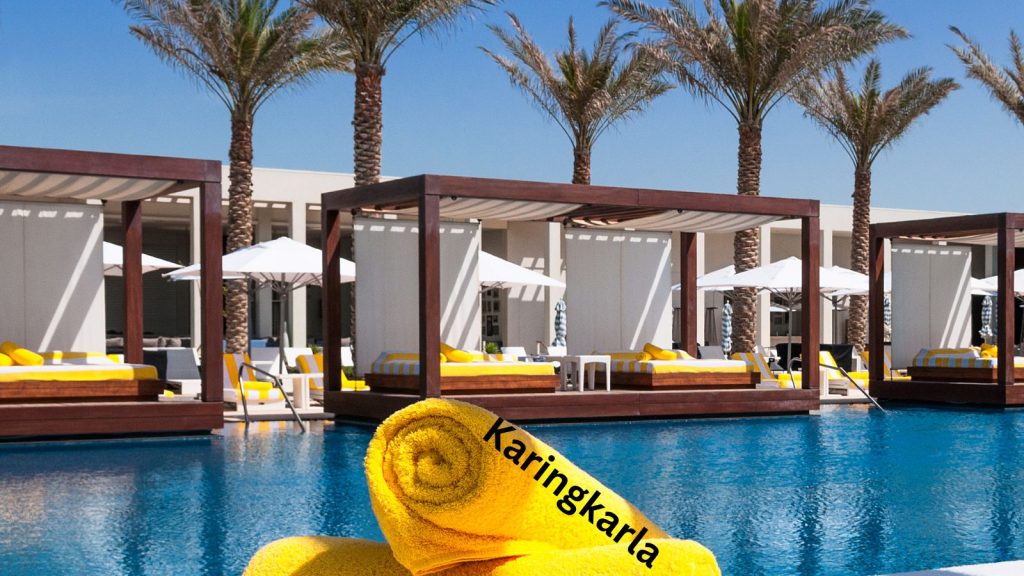Introduction
Karingkarla, rooted in ancient indigenous heritage, derives its name from local dialects meaning “place of gathering” and “flowing waters.” This article delves into its origins, cultural significance, historical journey, role in various aspects of life, modern applications, and geographical distribution.
Origins and Etymology
Karingkarla’s name reflects its historical role as a hub for communal activities near abundant water sources. Its etymology blends local dialects meaning “place of gathering” and “flowing waters.”
Cultural Significance
Centuries-old Traditions
Karingkarla embodies practices honoring harmony with nature, seasonal rituals, and ancestral spirits. Mythical figures shape its land, and sacred ceremonies marked its founding.
Resilience through History
Weathering colonial incursions, Karingkarla served as a sanctuary, preserving indigenous essence amid modern developments. Architectural marvels and archaeological sites reflect its cultural identity.
Historical Journey
Colonial Era to Modern Times
From conflict sanctuaries to resilience hubs, Karingkarla’s history spans architectural marvels and archaeological sites. Its cultural essence endures through time.
Role in Various Aspects of Life
Education and Artisan Communities
Karingkarla is a hub for education, blending traditional wisdom with modern learning. Artisans craft pottery and textiles, fusing ancestral techniques with contemporary designs.
Vibrant Festivals
Colorful festivals highlight rhythmic beats, drawing visitors to experience living culture firsthand.
Modern Applications
Sustainability and Innovation
Embracing sustainable practices, Karingkarla promotes eco-tourism and indigenous knowledge systems, nurturing pride in younger generations.
Geographical Distribution
Ecological Diversity
Spanning verdant hills and fertile valleys, Karingkarla’s landscapes include ancient irrigation systems and medicinal herb forests.
FAQs about Karingkarla
What does the name “Karingkarla” mean?
Karingkarla derives from local dialects meaning “place of gathering” and “flowing waters,” reflecting its historical role and abundant water sources.
How old is Karingkarla?
Karingkarla’s history dates back to ancient times, with archaeological evidence and cultural traditions spanning centuries.
What are some famous festivals in Karingkarla?
Karingkarla hosts vibrant festivals showcasing its cultural vibrancy, including celebrations of seasonal changes and ancestral rituals.
How does Karingkarla preserve its indigenous heritage?
Through educational programs, sustainable practices, and artisan craftsmanship, Karingkarla fosters pride in its indigenous traditions.
Conclusion
In essence, Karingkarla isn’t just a city; it’s a testament to resilience, cultural vibrancy, and harmony with nature. Its traditions, historical journey, and modern applications continue to enrich its identity as a beacon of cultural richness.
